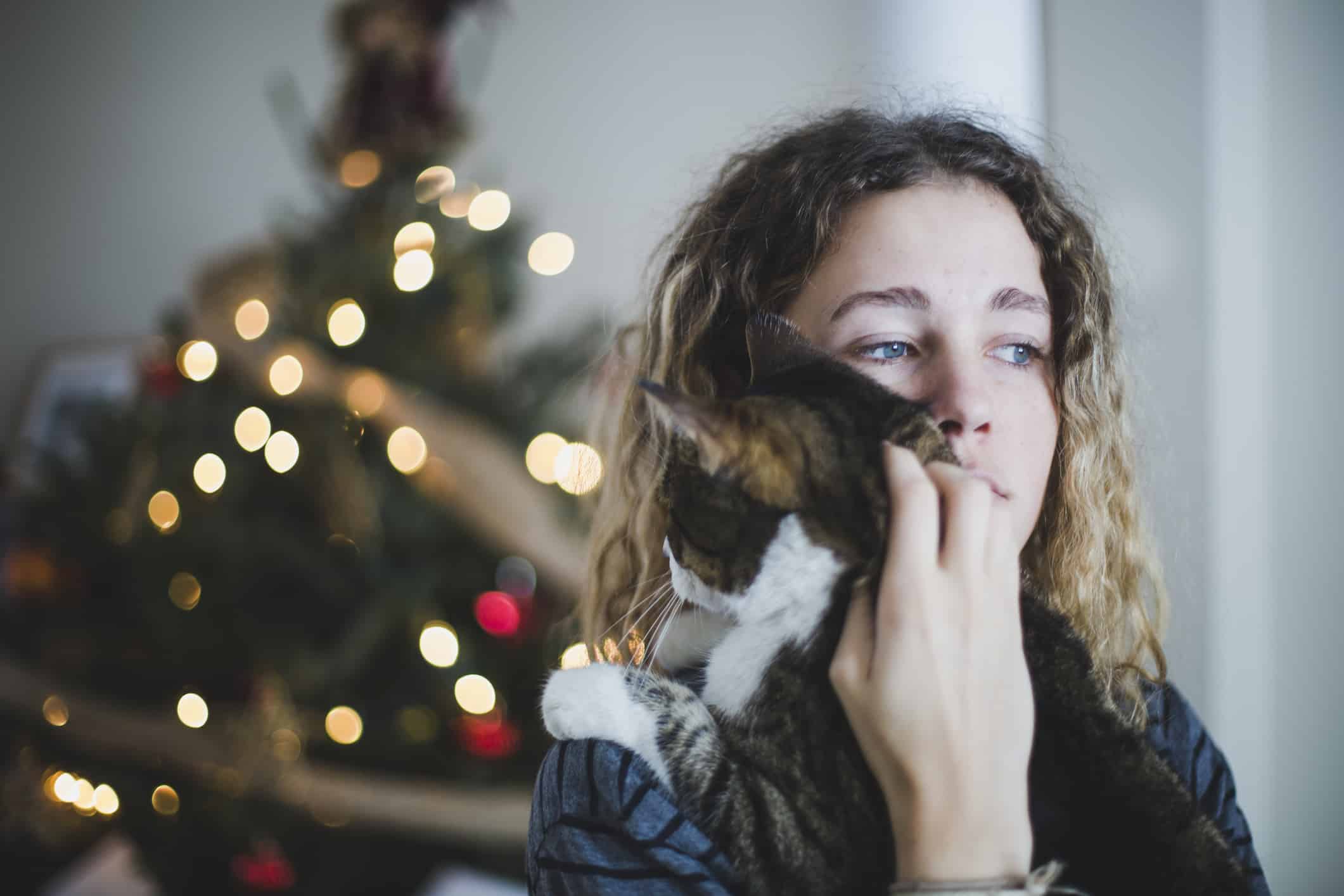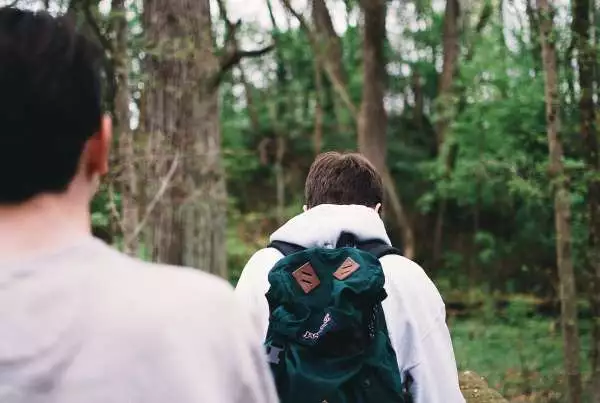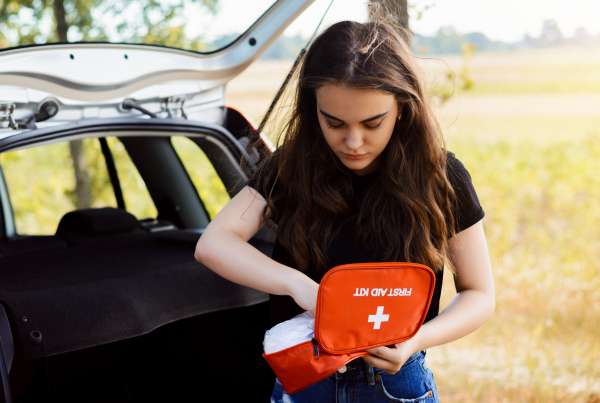Despite being the season of holiday cheer, many Americans report being anxious during the winter months. Those fears are slated to grow immensely in the wake of COVID-19, following months of social isolation, fear of infection, and an expected jump in cases. Furthermore, these worries and anxieties are compounded by the growing risk of the winter blues, and Americans tend to drink more in the final months of the year. Alcohol-related deaths surge to an all-time high every December, from drunk driving to alcohol overdose. If your teen has a drinking problem – or if you have recently gotten on the wagon and are understandably anxious about the months ahead – it is essential to formulate a sober game plan for the rest of the holiday season and know what to expect.
Depression, Alcohol, and the Winter Blues
Depression and alcohol have a volatile relationship. While drinking does release neurotransmitters that uplift mood, that positive uptick is only temporary. The long-term picture is far less rosy – alcohol has a fundamental impact on the brain, especially the developing teenage brain, and can lead to low mood regulation, worse mood swings, more significant anxiety, and more severe symptoms of depression.
Long-term excessive alcohol use worsens many different mental health issues. This pairs badly with the winter season, which is generally tied to lower mood in those susceptible to mood disorders, from mild winter blues to more severe cases of seasonal affective disorder (SAD), a type of depression that is triggered and worsened (although not necessarily caused) by the change in sunlight towards the winter months, as well as the general stressors surrounding the holiday season.
There’s a lot of research on the co-occurring nature of addiction and mood disorders and how the holiday months impact and challenge sobriety. Even for teens and adults who aren’t addicted, it’s critical to be aware of the general dangers of alcohol and impairment during the holiday season, as part of the significant uptick in fatalities during and around the winter months are caused by drunk driving and myths surrounding alcohol use and impairment.
Avoid Environmental Triggers and Risk Factors
The most important thing is to remove temptation. Given the nature of the holidays this year, families will have an easier time setting their own rules for how they want to celebrate without necessarily inviting everyone over – which means there is no need to conform to typical traditions of alcoholic eggnog, wine, and New Year’s Eve champagne. If you want to support your teen’s sobriety, then avoiding drinks around them is an important step.
For the Sake of Your Sobriety, Take Each Day as It Comes
Holidays are an integral part of our culture to mark and commemorate important events and celebrate with family. However, the pressure of celebration and grandiosity might not help in early recovery, especially when developing a routine that emphasizes steady schedules and the mundane. To that end, try to remember that even on New Year’s Eve, the sun continues to set in the west, the Earth continues to rotate at the same pace it always has, and the day continues to have its 24 hours as it always does.
While the holidays are unique to many of us, a day is a day, and it is essential to stick to the routine and not feel like all of this is building up to some momentous climax. For the sake of this year, and any other time when it is all becoming too much, and the future seems unbelievably uncertain, it is essential to remember that it is your priority to remain sober. There will always be some small part deep inside thinking about how great a drink might be on lonely or hard nights, and it gets louder the lonelier and harder the night is.
But that voice is wrong, and you have countless experiences to recall that prove that it is wrong. Be with friends (physically or virtually), find alternative ways to have fun, commemorate the holidays, and take pride in every sober day. It might help parents understand that making a big deal of the holidays can feel very intimidating to teens trying to develop some sense of normalcy and control over their lives after recovery. It is essential to communicate with your teen and figure out what they think about the holidays and how they feel.
Contribute to Your Own Sober Holiday Traditions
Research shows that doing good and helping others can have a tremendous impact on the human psyche and improve our mood and self-esteem. And if there is any time to do good, it is right now. People are hurting all over the country, and they’ve got a long and harsh winter ahead of them.
Consider doing all you can to contribute to feeding and housing the homeless, providing winter coats and fuel costs, or helping nearby families and people in need. There are plenty of ways to help this winter. Check local newspapers and Facebook groups and check your local homeless shelters and community housing organizations for notices.
If You Experience the Early Warning Signs of Relapse, Seek Help
It would not be an addiction if it were easy. Alcohol relapses happen, and they might happen more often during the holidays. More stressors, more temptations, and given the terrible events this year, more “reasons” to throw caution to the wind. If you feel yourself losing control or relapsed, call for help as soon as you can.
Sometimes, relapse is part of the recovery process, and you learn a little more each time. No one wants to start 2021 on the path to rehab. But you cannot always stay sober alone. Support from loved ones, friends, and professionals can help you navigate the holidays. While it is ultimately up to you to maintain your sobriety, addiction is a powerful disease. Stay sober, strong, and ask for help if and when you need it.









